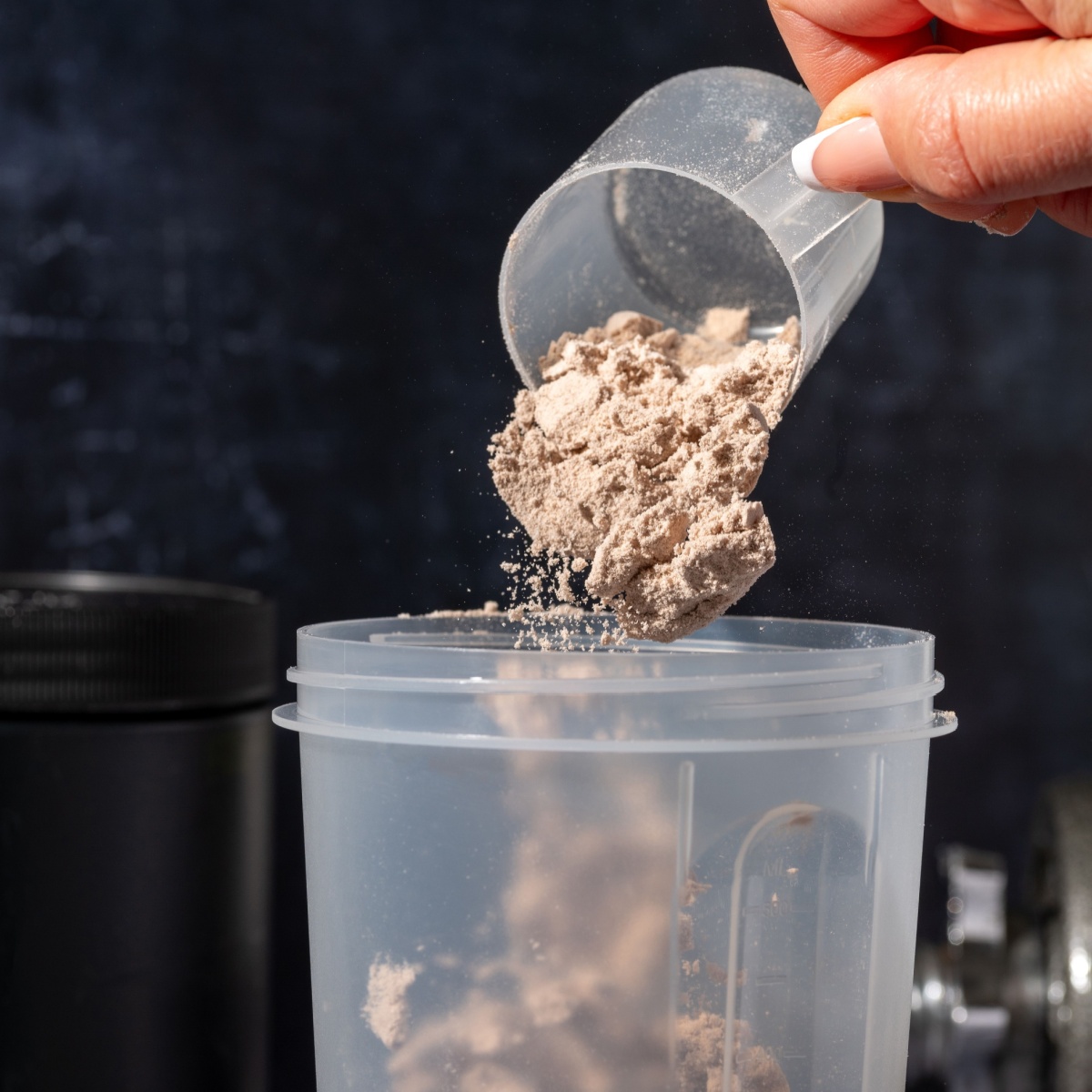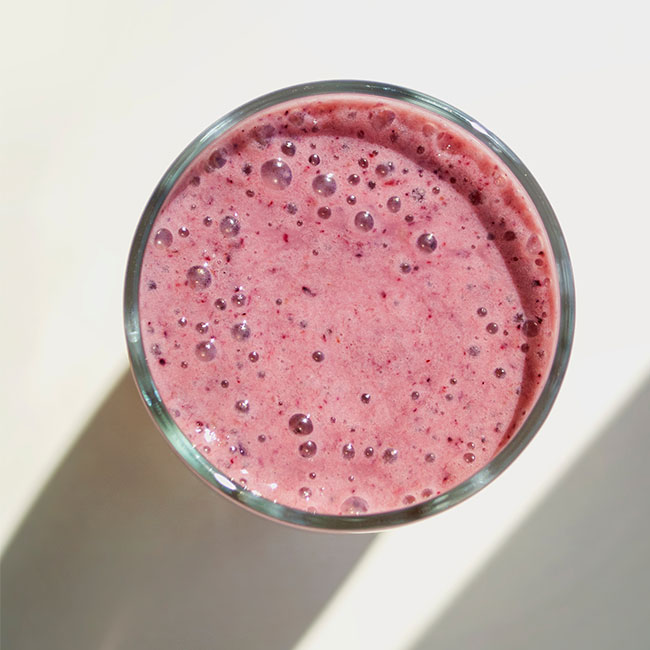Stomach issues and inflammation are common health concerns that can significantly impact the quality of life. Symptoms such as bloating, pain, indigestion, and even fatigue can arise if these issues are not resolved.
As supplements gain attention in the health industry, it’s important to be aware of how these dietary additions can impact your stomach and overall inflammation in the body. While most of these supplements are used to boost health, certain types can ironically cause or exacerbate stomach issues, inflammation, and more.
We checked in with Dr. Michael Lahey, physician from My Weight Loss Partner, to learn about four potentially dangerous supplements that can lead to stomach problems, worsen inflammation, and cause other issues. He revealed that iron supplements, calcium supplements, protein powders, and pre-workout supplements are the ones to watch out for. Read on to learn more.


1. Iron Supplements
Iron supplements, especially when taken in high doses, are known to irritate the lining of the stomach and intestines. High doses of this supplement can also create oxidative stress, which is linked to increased inflammation.
Lahey says, "Even though iron supplements are essential to people with anemia that results from iron deficiency, taking more than recommended or for a very long time may also affect the stomach, causing side effects such as constipation, nausea, and stomach ulcers. Over-intake of this metal can upset the GI tracts, thus causing friction, or in some extremes, it can lead to ulcers."
Lahey also warns that iron supplements “should never be used together with high doses of vitamin C and that these substances should always be taken with food.”

2. Calcium Supplements
Calcium supplements have been linked to GI problems such as bloating, constipation, gas, and stomach cramps. This is due to the calcium carbonate, which requires stomach acid for absorption.
"Calcium supplements of any kind, and more so the high calcium supplements, lead to constipation and bloating. Prolonged use of the product also has side effects of calcium accumulated in the body, thus causing inflammation of the kidney and increasing chances of formation of kidney stones and other GI complications," he reveals.
Instead, he recommends taking calcium in the form of foods such as dairy or green vegetables. If supplementation is necessary, “they should be prescribed in appropriate doses and in conjunction with magnesium, which will reduce any gut side effects.”

3. Protein Powders
Protein powders can come as a surprise, as they are often marketed as a healthy product.
But Lahey says that the ones that “contain whey protein or casein can lead to bloating, excessive formation of gases, and stomach aches in those with lactose intolerance. It also can increase inflammation when artificial sweeteners or additives are added to the diet. However, if its consumption is taken to an extent, it will strain the kidneys and cause digestive troubles.”
To avoid this, he suggests buying plant-based proteins such as pea protein or rice protein. And if you didn’t already know, he advises against the ones that “are produced using artificial additives."
READ MORE: The Scary Downside To Protein Powder That No One Tells You About, According To A Dietitian

4. Pre-workout Supplements
Many pre-workout supplements contain high levels of caffeine and other stimulants. These ingredients can stimulate the digestive tract, leading to nausea, cramping, diarrhea, and bloating.
"Since most pre-workout supplements are compounds with a mix of caffeine and artificial additives, most of them will cause gastrointestinal upsets such as nausea, cramps, and diarrhea. Caffeine can irritate the stomach lining, and other stimulators present in these supplements may cause inflammation of the stomach and irregular heartbeats in some people," he notes.
The bottom line
To steer clear of these issues, he recommends to follow these three guidelines: talk to your doctor before starting any type of supplement regime, avoid supplements with “unwanted extra substances, colors, or preservatives,” and try to consume the nutrients from foods whenever you can and only start taking supplements when a doctor advises you to.


























